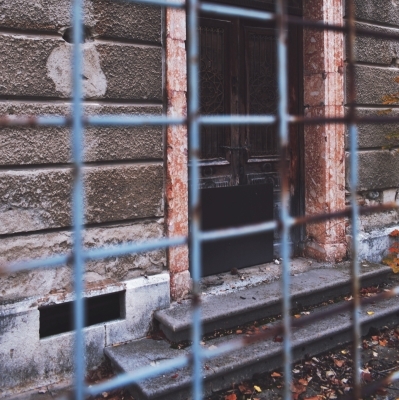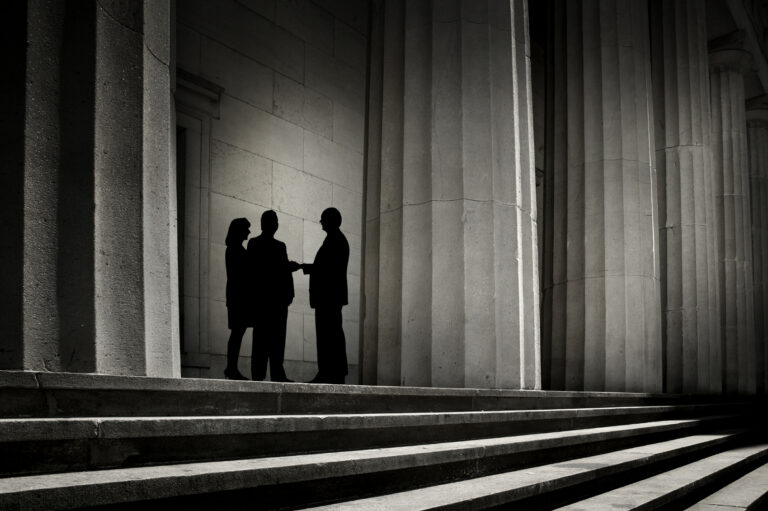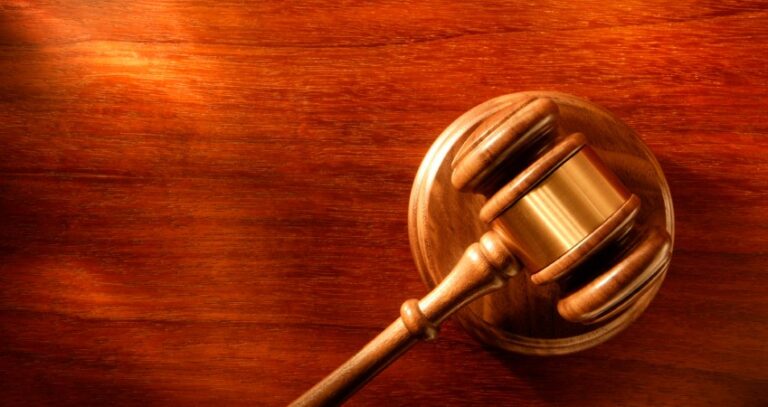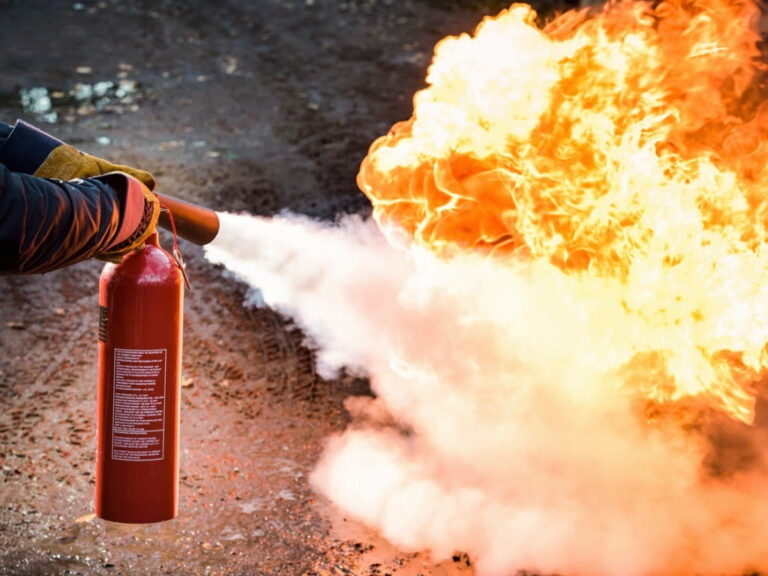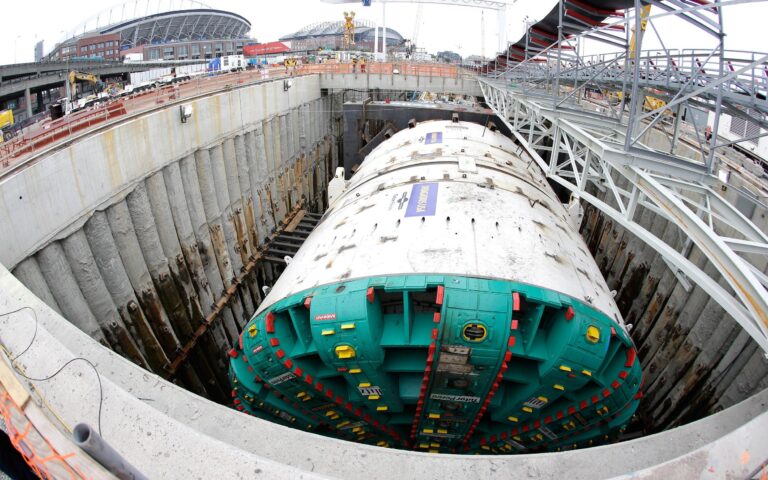Washington Case Law Update: Material Facts Available in the Public Domain Lead to Dismissal of Real Estate Buyer's Lawsuit
Washington Case Law Update: Material Facts Available in the Public Domain Lead to Dismissal of Real Estate Buyer’s Lawsuit
From the desk of Kyle Riley: A basic component of real estate transactions is the seller’s obligation to disclose existing, known material facts of the property. A failure to properly disclose all such material facts can lead to lawsuits against any party required to make such disclosures, such as sellers and brokers, for negligent misrepresentation, intentional misrepresentation, and occasionally violations of Washington’s Consumer Protection Act. What if a buyer makes such a claim when the information allegedly concealed was in the public domain? Will the buyer still be able to assert claims for misrepresentation or violation of the CPA? Read on to find out.
Case Pointer: In this dispute between a buyer of commercial property and the seller/broker, the property at issue was under threat of public condemnation by a local government agency. The facts were disputed as to whether the seller and/or broker had actual knowledge that the condemnation was scheduled to occur, but despite the uncertainty, the property was approved to be condemned a few months after the sale closed. To avoid condemnation, the buyer sold the property to the local agency for a small profit. The buyer filed a lawsuit against the seller and their broker alleging misrepresentation. The Washington Court of Appeals determined that the information regarding the potential condemnation was readily available to the buyer at the time of the sale. For that reason, the buyer was unable to maintain his lawsuit and the case was dismissed.
AVH & BJ Holdings 2, LLC, v. LaClare Investments, LLC, et. al, Wash. Ct. App. No. 51001-4-II (unpublished).
AVH and BJ Holdings (collectively, the “buyers”) bought property sitting between two railroad tracks in Tacoma (the “Property”) from LaClare Investments, LLC (the “seller”). The sale was brokered by Johnson Commercial Properties, LLC (the “broker”). Shortly after the sale closed, a local government agency, the Central Puget Sound Regional Transit Authority (“Sound Transit”) passed a resolution to purchase the Property or condemn it according to the State’s eminent domain powers. After the sale, the buyers alleged that the broker knew of the impending purchase/condemnation by Sound Transit and failed to disclose it before the purchase. Accordingly, the buyers then sued for misrepresentation and violations of Washington’s Consumer Protection Act (“CPA”).
Several discrete facts were important in the court’s resolution of this matter. First, a representative of the broker recalled that Sound Transit had expressed interest in the Property several years before the sale, but he also testified that he did not receive any additional details, literature, documents or information regarding Sound Transit’s interest. Second, several additional emails were exchanged between the broker and Sound Transit over a couple of years discussing Sound Transit’s interest in the property, but Sound Transit never affirmatively represented that it would acquire the property. Finally, emails were produced showing communications between the broker and their bank lamenting Sound Transit’s interest in the property as an impediment to any potential sale.
Nonetheless, the sellers and broker eventually entered into a contract for the sale of the Property to the buyers. Among the provisions in the sale was a requirement imposed on the sellers to disclose all “pending or threatened condemnation or similar proceedings affecting the Property.” According to the buyers’ lawsuit, because the brokers/sellers allegedly knew of Sound Transit’s interest in purchasing and/or condemning the Property, they had breached that requirement in the contract. Further, the buyer alleged that the sellers/brokers committed the tort of negligent misrepresentation, which required the seller/broker to disclose all known material facts not readily ascertainable to the buyer.
At the trial court, the seller/broker filed a motion for summary judgment, arguing that all potential interest in the purchase and/or condemnation of the Property expressed by Sound Transit was equally available and readily accessible to the buyers. The trial court agreed, finding that Sound Transit had publicized its proposed expansion “through press releases, newspaper publications, its website, mass e-mailings, mass postcard mailings, multiple community meetings, and participations in fairs and festivals.” Accordingly, the trial court held that the buyers could have easily uncovered Sound Transit’s involvement with the Property if they would have reasonably and diligently researched the Property. For that reason, Sound Transit’s interest in the Property was “readily ascertainable” and the buyers could not maintain their claim for misrepresentation in the absence of that element.
On appeal, the buyers argued that discovering Sound Transit’s interest in the Property would have been unduly burdensome. However, for the same reason as the trial court, the court of appeals determined that Sound Transit’s interest was readily ascertainable. Specifically, it reiterated the numerous ways in which Sound Transit had trumpeted its interest in the Property and the ease in which an average person could uncover such interest. In summary fashion, the court of appeals affirmed, holding that Sound Transit’s interest in the Property was readily ascertainable. Additionally, because the sellers/brokers did not have actual knowledge that Sound Transit was planning a condemnation of the Property at the time of the sale, they did not commit unfair or deceptive acts that would put them in violation of the CPA. Thus holding, the court of appeals affirmed the trial court’s grant of summary judgment and all of the buyers’ claims were dismissed.
NOTE: This opinion has not been published. It is provided to demonstrate how the court approaches the issues involved in the case. There are limitations on citing unpublished opinions in WA, consult GR14.1(a)-(d) prior to relying on unpublished opinions.
This article is to inform our clients and others about legal matters of current interest. It is not intended as legal advice. Readers should not act upon the information contained in this post without seeking professional counsel.
